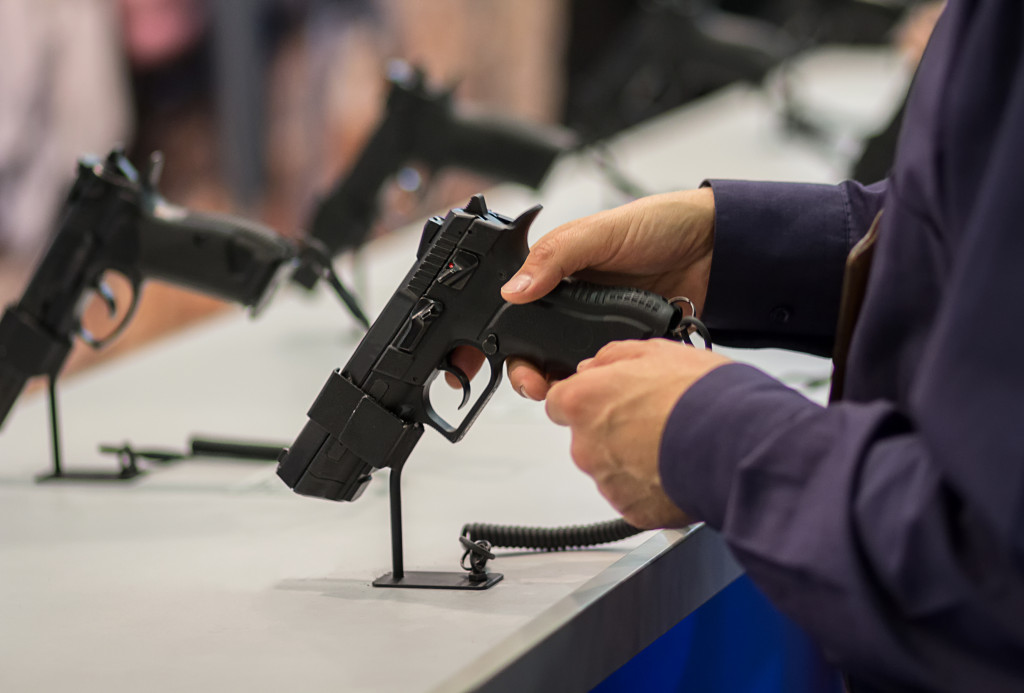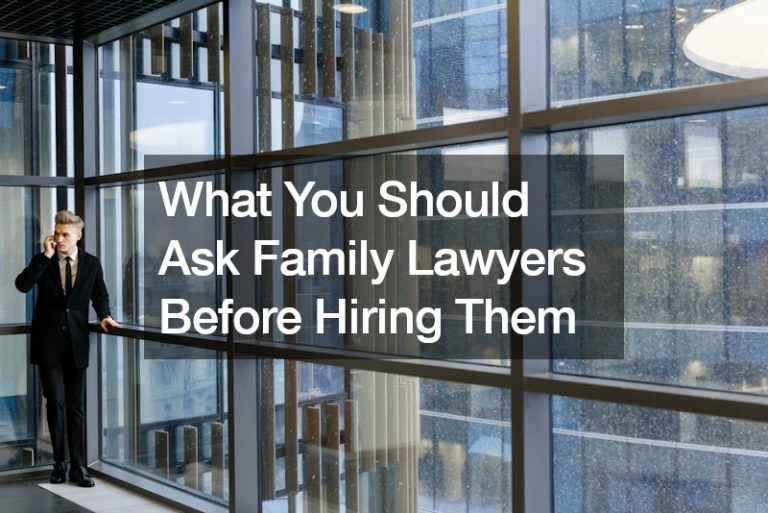- Understanding the legal regulations is essential before opening a firearm shop.
- Obtaining a license from the Federal Firearms Licensee dealer (FFL) is required, and state/local requirements must be met.
- Liability insurance is recommended to protect customers and business owners.
- Employees should undergo extensive training on firearm handling, safety procedures, and regulations.
- Security measures like alarm systems and surveillance cameras must be in place.
Opening a firearm shop can be a financially rewarding and stimulating business venture. However, before setting up the shop, it is essential to understand the legalities involved in the process.
Regulations are strict, and even a minor violation can jeopardize the business’s existence. Therefore, it is essential to have accurate knowledge of the laws governing firearm shops. Read further to dive deeper into the rules of opening a firearm shop.
Licenses and Permits
The first step to operating a firearm shop is obtaining a license from the federal Firearms Licensee dealer, also known as FFL. The requirements for obtaining an FFL are strict; you must be over 21, not convicted of specific crimes, or addicted to controlled substances.
Additionally, you also need to have a location that is suitable for running a firearm shop. Before applying for an FFL, you must comply with all state and local regulations. The regulations vary from state to state. It is essential to research and abide by the licenses and permits required in your state.
Liability Insurance
While carrying liability insurance for firearm dealerships is not mandatory, it is essential. As a responsible business owner, it’s vital to have the proper insurance coverage to protect yourself and your customers in case anything goes wrong. But navigating the complex insurance industry can be overwhelming, especially for those new.
That’s why it’s highly recommended to seek the services of an insurance underwriting company specializing in gun shops. By partnering with these experts, you can rest assured that you have the right insurance policy to cover any potential risks, giving you peace of mind as you pursue your passion for firearms.
Background Checks

Individuals who purchase a firearm from any dealership must be subjected to strict background checks. These checks aim to ascertain that the individual is of sound mind and has no criminal record. While the background check process seems straightforward, it is crucial to understand the nuances involved.
Firearm Sales and Transfers
The sale of firearms in a firearm shop is another area with many stringent regulations. Most states require dealership records to be meticulously kept, including descriptions of weapons for sale, owners, and transfers of ownership, among others.
Also, firearm transactions must meet specific criteria depending on whether the transfer is between licensed dealers or private parties. A dealership that fails to adhere to these regulations may face severe penalties.
Safekeeping of Stock
Apart from sales, the safekeeping of firearms should be a top priority. In the United States, it is mandatory to follow strict rules and regulations to ensure that weapons remain safe and secure. As a rule, any mistake, no matter how minor, can have devastating consequences.
Gun storage requirements and regulations

One of the most critical aspects of firearm store management is proper storage. The federal government and most states permit firearms to be displayed openly in a firearm shop, but security measures must be in place.
Typically, a gun safe is the best option. According to The Bureau of Alcohol, Tobacco, Firearms, and Explosives (ATF), gun shops must have gun safes and ensure that firearms are safe from theft and unauthorized handling.
Employee Training
Employees of a firearm shop must undergo extensive training on firearm handling, safety procedures, and regulations. Employees must be able to handle firearms and recognize potential criminal activities. Proper training helps to minimize accidents, operations mistakes, and illegal activities.
Security measures
Firearm shops should be adequately secured from access by unauthorized persons. All entry points, windows, and doors should have alarm systems and reinforced glass, which will withstand a burglary attempt. There should be surveillance cameras that are hooked into an adequate security-control system.
ATF guidelines
The Bureau of Alcohol, Tobacco, Firearms, and Explosives (ATF) has outlined specific rules for gun shops that must be adhered to. Standard practices include properly storing firearms (locked in a gun safe), verifying the identity of buyers, and affirming the legitimacy of the provision of weapons.
Final Thoughts
In conclusion, starting a firearm shop demands significant attention to the laws governing the ownership and commerce of firearms. Understanding the legal regulations from the beginning could save you from running afoul of Department of Justice regulations.
Not only can it lead to fines down the track, but it can also lead to the revocation of your license. It’s essential to consult a reputable firearm attorney to ensure the shop complies with all regulations from inception and beyond.







